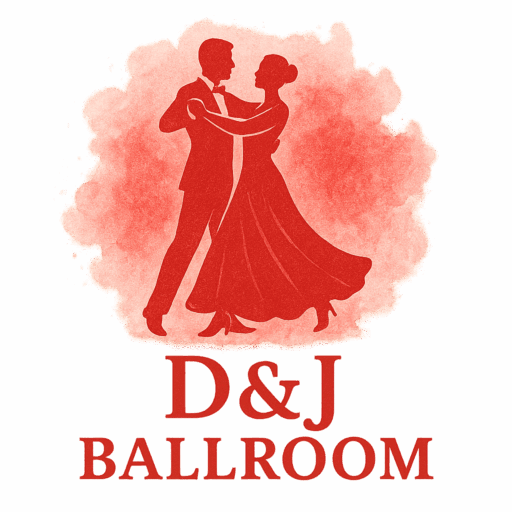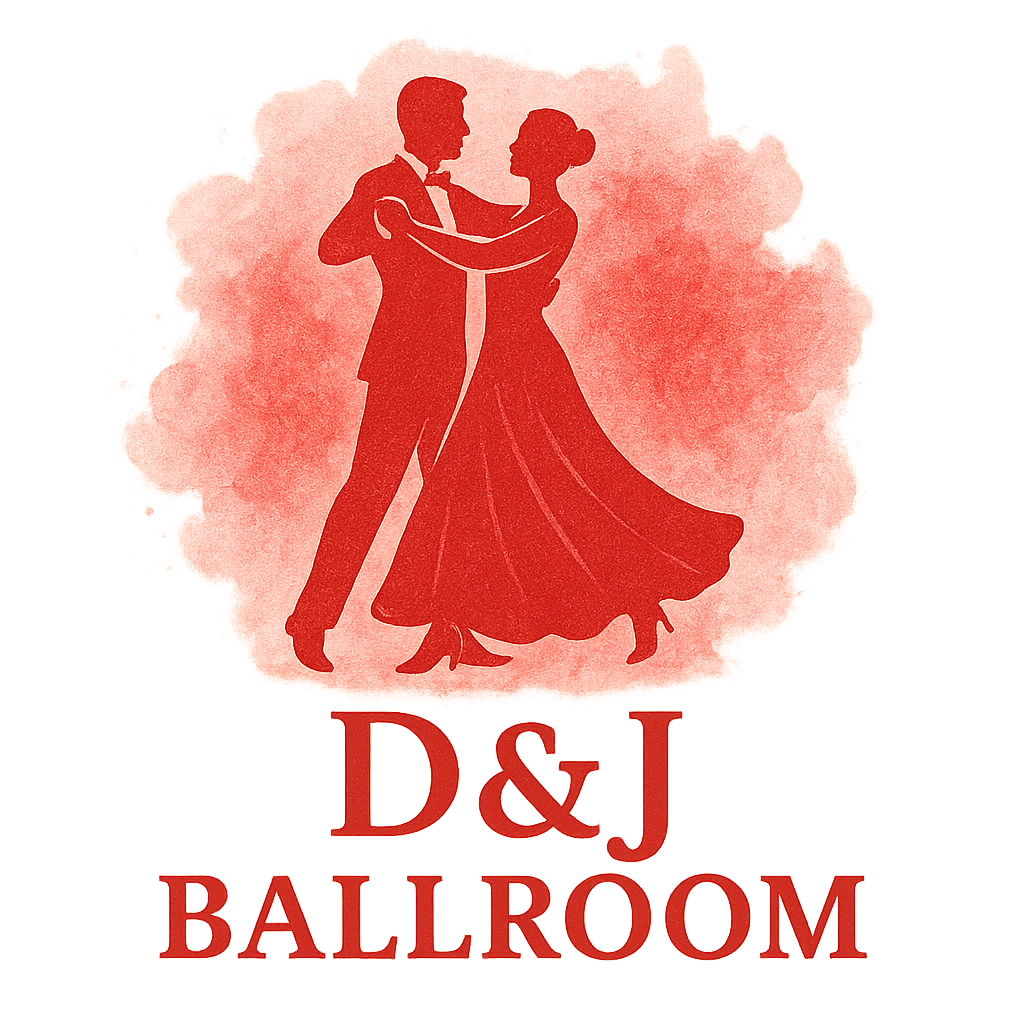So, you’ve finally signed up for your very first ballroom competition—exciting, right? Whether you’re dancing a fiery tango or an elegant waltz, getting competition-ready is about more than just knowing the steps. It’s about feeling confident, being prepared, and truly shining on the dance floor.
Let’s dive into 5 ways to prepare for your first ballroom competition and make it a memorable debut.
Understanding Ballroom Competitions
What to Expect at Your First Ballroom Event
Your first ballroom competition will likely feel like stepping into another world—a whirlwind of glitter, poise, nerves, and joy. You’ll be surrounded by seasoned dancers, judges, and spectators, all with a deep appreciation for the art of ballroom dancing.
Whether you’re entering a local showcase or a regional qualifier, expect to check in early, warm up, and perform in front of a live audience and judging panel. Check out the atmosphere of ballroom events and competitions to get an idea of what’s ahead.
Common Ballroom Competition Formats
Most ballroom competitions are divided into categories by dance style, age, and level. Newcomer, Bronze, Silver, and Gold levels indicate experience, while styles range from Latin to Smooth. Visit the ballroom dance styles page to understand your category better.
1. Master the Fundamentals of Ballroom Techniques
Why Strong Technique is Everything
Technique is your foundation. No amount of sparkle can save a poorly executed basic. Judges look for posture, foot placement, timing, and fluidity. Before the big day, prioritize training over choreography complexity.
For guidance, explore ballroom techniques and training to ensure you’re drilling smart, not just dancing hard.
Practice Drills and Repetition
Drills are boring—until they’re not. They build muscle memory so you can dance under pressure. Practicing drills that focus on weight transfer, balance, and connection with your partner is crucial. Browse resources tagged drills for useful tips.
Focus on Frame and Posture
Your frame tells the story. Are you confident, strong, and in sync with your partner? Practice your frame daily, even while waiting in line for coffee. Seriously—it makes a difference.
2. Choose the Right Ballroom Attire and Wardrobe
The Role of Fashion in Ballroom
Fashion isn’t just flair—it’s functionality. The right attire helps you move better and gives you that polished, competitive edge. Judges take note of presentation, so dress the part!
See real-world wardrobe inspiration at ballroom attire and fashion.
Gowns, Suits, and Shoes That Impress Judges
For women, opt for dresses that flatter your lines and stay in place. For men, suits should be well-fitted and allow full range of motion. Shoes should offer support and match your dance style. Dive into posts tagged wardrobe and fashion for more style-savvy advice.
Accessories and Grooming Tips
Simple earrings, a pop of lipstick, polished hair—these small details complete the package. Remember, grooming is part of the score!
3. Understand Competition Rules and Scoring Systems
Get Familiar with Judging Criteria
Knowing how you’ll be judged is half the battle. Judges assess:
- Timing
- Technique
- Musicality
- Presentation
- Partner connection
Review ballroom competition culture to understand the deeper traditions and expectations.
Timing, Footwork, and Musicality
Get a metronome app, practice counting your music, and rehearse your footwork to perfection. Musicality brings your dance to life and scores big points.
Etiquette and Floor Craft
Knowing when to enter the floor, how to navigate traffic, and how to end your routine with grace are all critical. Judges admire dancers who respect the dance space. For more insights, explore posts tagged training and culture.

4. Get Mentally and Physically Ready
Building Confidence on the Dance Floor
Confidence isn’t arrogance—it’s being so prepared that you can relax and enjoy the moment. Take time every day to visualize your routine and feel that success.
Mental Visualization and Positive Affirmation
Picture yourself walking onto the floor. Hear the music. See yourself nailing every step. That’s mental rehearsal, and it works wonders.
Managing Stress and Performance Anxiety
Butterflies? Totally normal. Try deep breathing, listen to a calming playlist, or even laugh with your partner backstage. The key is to stay grounded.
5. Attend Events and Watch Other Dancers
Learn from the Best in Live Competitions
Before you step onto that floor, watch others. Learn what impresses judges and what makes the crowd cheer. You’ll find inspiration in every dancer. Use the events tag for a calendar of upcoming performances.
Volunteer or Attend Local Ballroom Events
Volunteering is a fantastic way to get behind-the-scenes insight. You’ll network, watch seasoned dancers, and get comfortable with the setting. Visit ballroom events and competitions to find a local showcase.
Review Past Performances for Improvement
Record yourself during practice. Watch with a critical (but kind) eye. Are your arms crisp? Is your timing tight? Rinse and repeat.
Final Thoughts: Step Onto the Floor with Confidence
Preparing for your first ballroom competition is like rehearsing for a magical moment. It’s not just about steps—it’s about storytelling. From techniques and attire to mindset and etiquette, the more prepared you are, the more you’ll enjoy it.
Don’t forget to explore the many resources on D&J Ballroom to support your journey, whether you’re focused on tango, waltz, or any other elegant form of ballroom expression.
Now lace up those shoes, smile wide, and go wow the judges!
FAQs
1. What should I bring to a ballroom competition?
Bring your outfit, backup shoes, safety pins, makeup, water, snacks, and any essentials for quick changes or touch-ups.
2. How early should I arrive at the venue?
Plan to arrive at least 1-2 hours early to check in, warm up, and settle your nerves.
3. Do beginners have a chance of winning?
Absolutely! Judges reward clean basics and good energy. You don’t need fancy choreography to place well.
4. Can I dance solo at a competition?
Yes! Some categories allow solo showcases where dancers perform routines without a partner.
5. How are ballroom competitions scored?
Scoring is based on technique, timing, connection, presentation, and floor craft. The criteria can vary slightly by event.
6. What happens if I mess up during my performance?
Keep dancing! Most judges won’t penalize a small mistake if you recover gracefully.
7. How do I choose which dances to compete in?
Start with the styles you love and feel confident in. Check out ballroom dance styles for inspiration and options.


